Centro de recursos
El coronavirus: estado actual, qué esperar y la salud cardíaca
Jueves, 24 de febrero a la 1 p.m., hora del este
Llama sin cargo al 855-274-9507 para hacer tu pregunta o escucha gratis el evento aquí (para escuchar en español marca el 833-946-1559).
Los casos nuevos de coronavirus han disminuido y las muertes muestran una reducción, pero quedan muchas preguntas sobre las dosis de refuerzo, las subvariantes y las guías. Nuevos estudios también indican un aumento en enfermedades cardíacas vinculado directamente a la COVID. Este evento de preguntas y respuestas abordó las últimas actualizaciones sobre el virus, la salud cardíaca y el impacto de la desinformación.
Si no pudiste acceder al evento en vivo, escucha una repetición en el video que está arriba (en inglés).
Conoce a nuestros expertos:


Membresía de AARP: $15 por tu primer año cuando te inscribes en la renovación automática.
Obtén acceso inmediato a productos exclusivos para socios y cientos de descuentos, una segunda membresía gratis y una suscripción a AARP The Magazine.
Únete a AARP
Katie Passaretti, M.D.
Vicepresidenta y epidemióloga principal de Atrium Health
Ralph Levy, M.D.
Director, Servicios médicos cardíacos para adultos, Memorial Cardiac & Vascular Institute
Para más información visita AARP.org/elcoronavirus













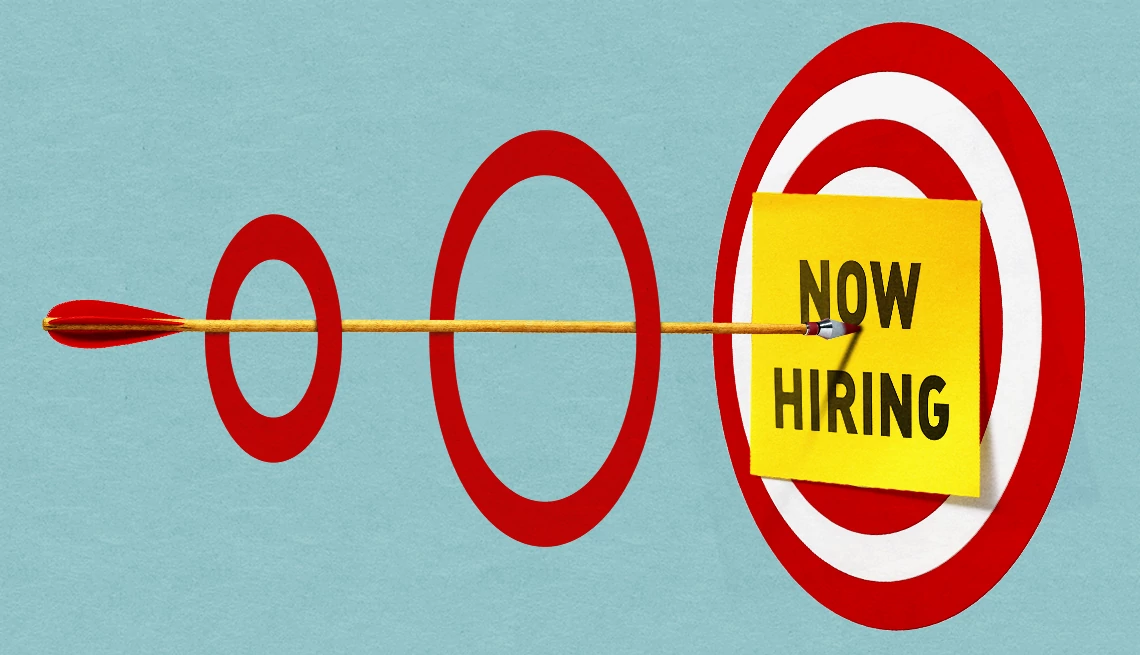




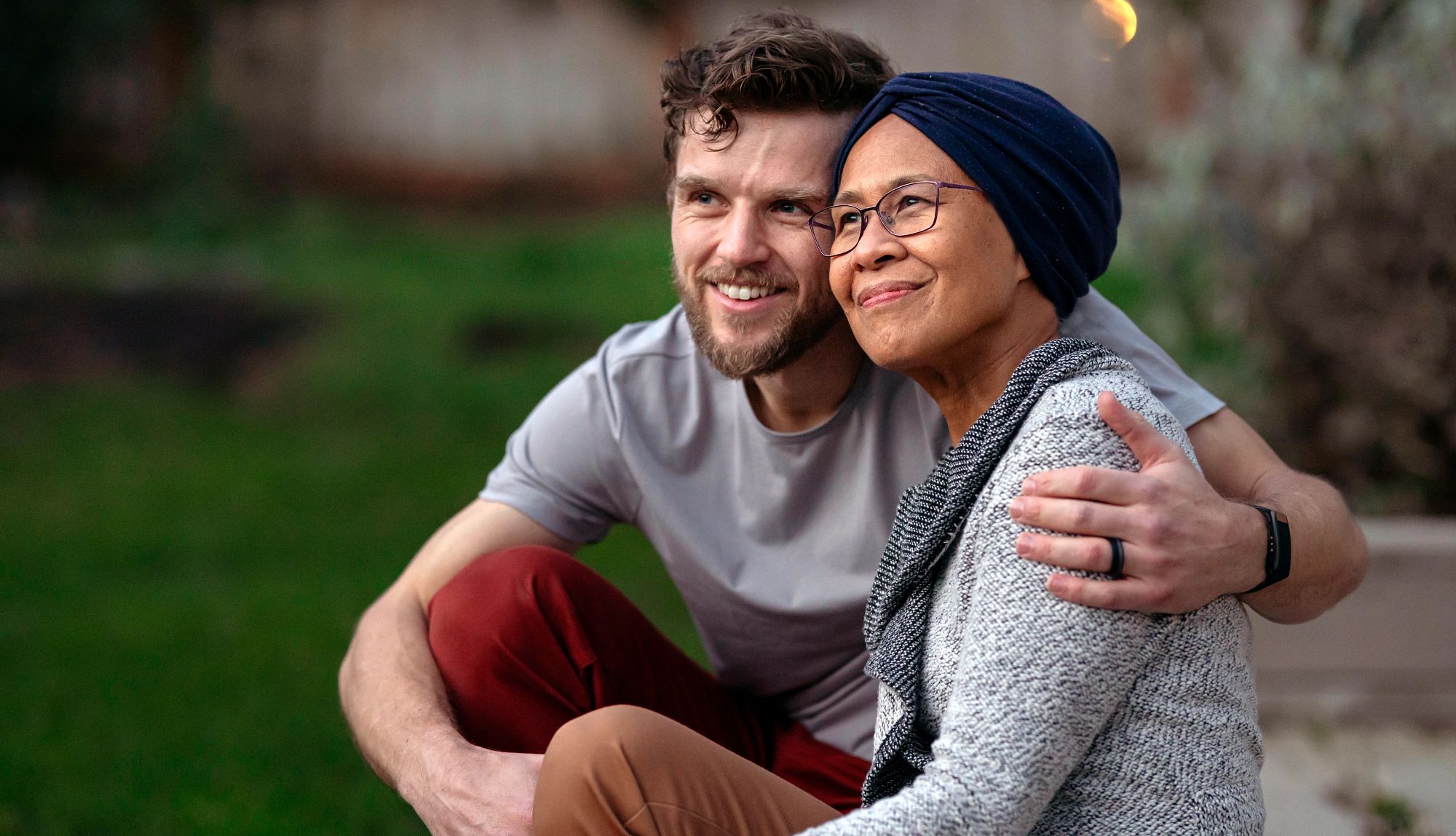



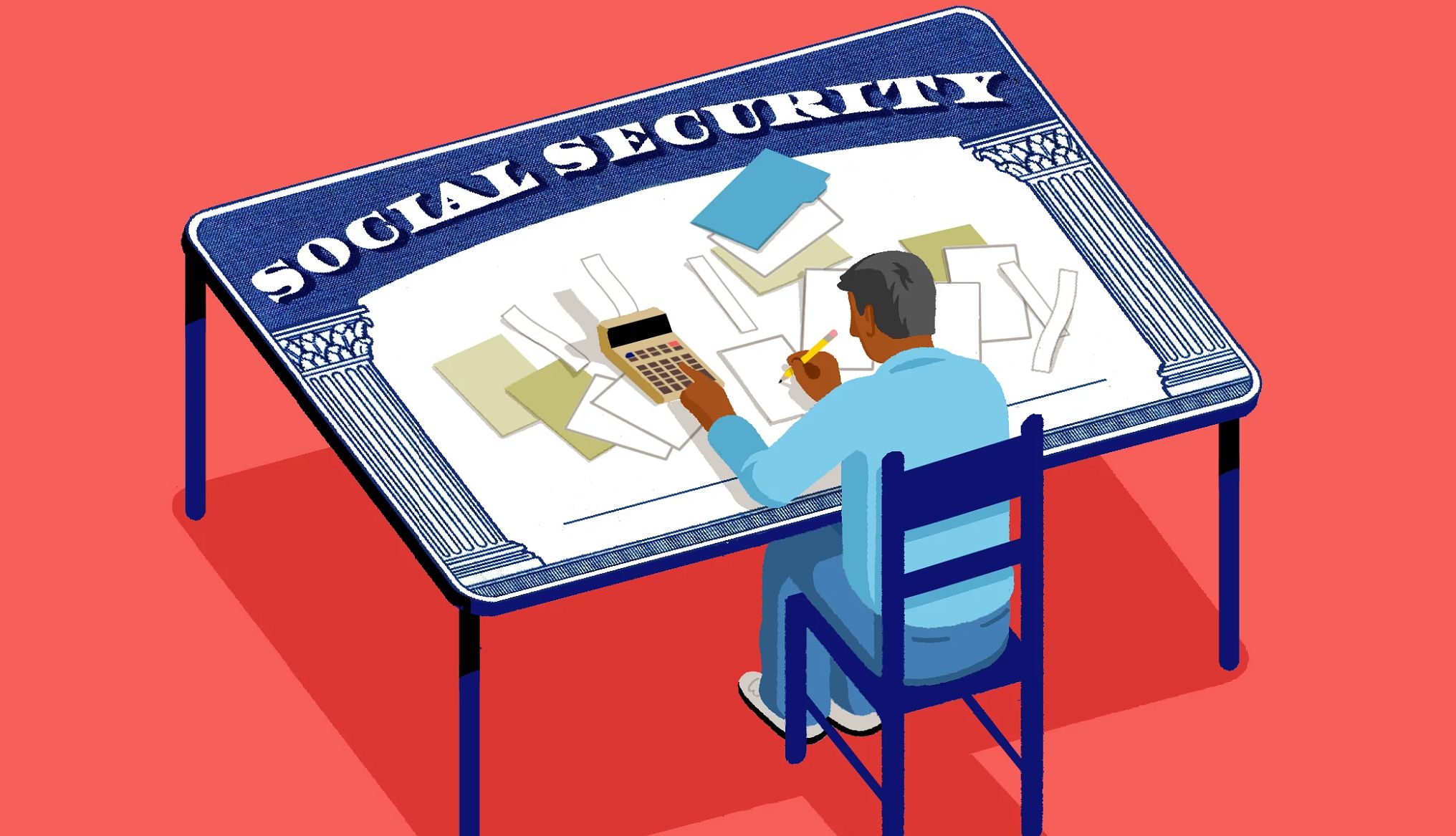


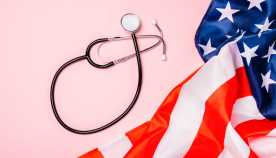


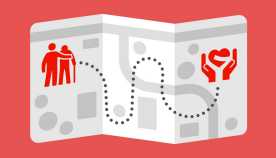








.jpg?crop=true&anchor=13,195&q=80&color=ffffffff&u=lywnjt&w=2008&h=1154)

















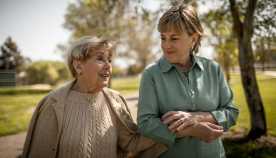













También te puede interesar